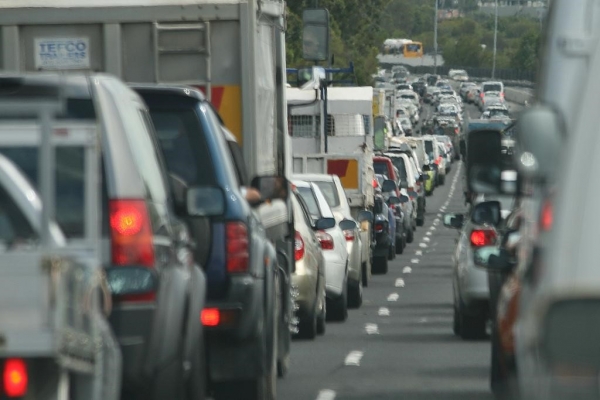The video begins at 2:55.
With the advent of the alternative fuels, it’s very appropriate that gasoline is based on fossil fuels and becoming ancient history. As the gas tax becomes less and less pertinent to adequately funding infrastructure, electronic cashless non-stop tolling options are a more viable solution to financing new projects and providing mobility to existing infrastructure. There are a number of technologies being evaluated for the future; including global position systems (GPS), existing proprietary radio frequency (RF) systems, open standard dedicated open standard dedicated short range communications (DSRC) systems, or the existing cellular networks are also being considered. This presentation will focus on what technologies are available and what emerging technologies are the most likely to emerge as an effective and affordable approach to funding user fees and infrastructure needs. This presentation will also describe how user fees and tolling systems can help the environment, reduce congestion, and provide effective cashless transportation systems based on equitable user fees.

